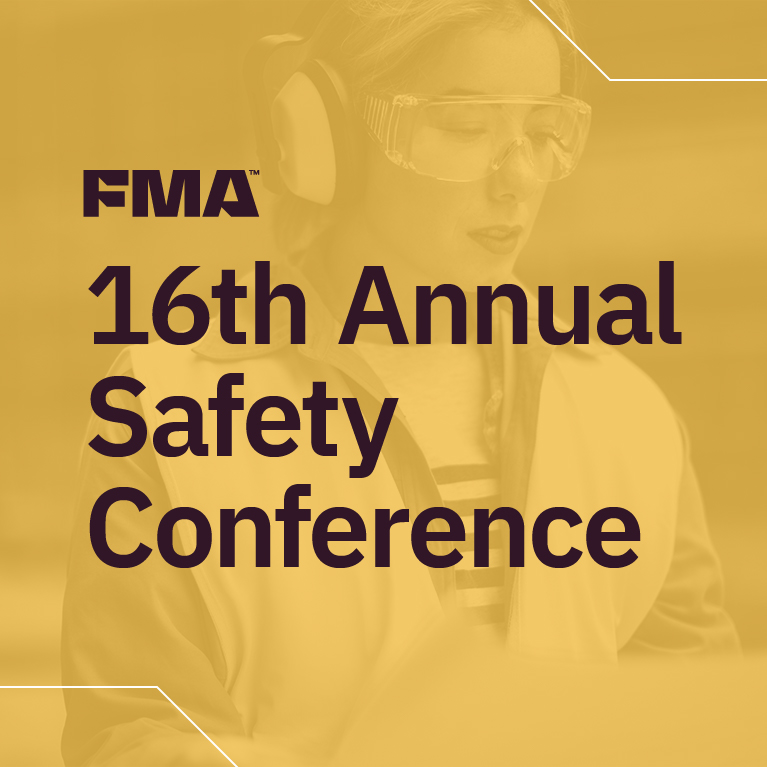Senators Propose Bill in Response to Elk River Chemical Spill
By Nancy Hatten | February 13, 2014
Category:In response to the January 9 Elk River chemical spill in West Virginia, Sens. Joe Manchin, D-W.Va., Barbara Boxer, D-Calif., and Jay Rockefeller, D-W.Va., introduced the Chemical Safety and Drinking Water Protection Act. According to Sen. Manchin’s website, the bill includes “common sense measures designed to ensure industrial facilities are properly inspected by state officials and both the chemical industry and emergency response agencies are prepared for future chemical incidents or emergencies.” He writes that the key principles are as follows:
1. Requiring regular state inspections of above-ground chemical storage facilities
2. Requiring industry to develop state-approved emergency response plans that meet at least minimum guidelines established in this bill
3. Allowing states to recoup costs incurred from responding to emergencies
4. Ensuring drinking water systems have the tools and information to respond to emergencies
Sen. Manchin also has co-sponsored the Chemical Safety Improvement Act, which would allow states to request the EPA prioritize testing certain chemicals.
The chemical spill in question is the release of 4-methylcyclohexane methanol (MCHM), a foaming agent used in coal processing, into West Virginia’s Elk River, which is part of the Charleston area’s municipal water supply. The spill left 300,000 residents in nine counties without water for drinking, bathing, and cooking for days.
For those fuzzy on the details, the chemical leaked out of a tank owned by Charleston, W.Va.-based Freedom Industries Inc., a specialty chemical producer for the steel, mining, and cement industries. The tank is one of many located at Freedom Industries’ tank farm, which houses 14 tanks built in the 1940s and 1950s. Some of the tanks, including the tank that leaked, are contained by a wall of concrete, cement, or cinder block. However, the chemical escaped the secondary containment and was pumped into the local water system by the Kanawha Valley Treatment Plant.
During the course of the day when the leak occurred, the company was ordered to empty all three of its tanks containing MCHM and move the chemical to another storage facility. It did so, but West Virginia inspectors examined the alternative facility in Nitro, W.Va. and found that this facility’s secondary containment was deteriorated or nonexistent.
Freedom Industries initially reported that 2,000 to 5,000 gal. of the chemical leaked into the river, but it later revised that estimate to 10,000 gal. It is not actually known how much of it leaked, but 1,272 gal. have been recovered.
In addition to the MCHM leak, Freedom Industries reported on Jan. 21, that a secondary chemical was part of the chemical release. That chemical is a mixture of polyglycol ethers that sometimes is added to the MCHM. Again, it’s not known exactly how much leaked and how much went into the river.
Freedom Industries filed a Chapter 11 petition for bankruptcy on Jan. 17, which freezes the lawsuits against the company but allows it to pay employees for a time and also pays for environmental remediation.
Eastman Chemicals, Kingsport, Tenn., the chemical producer, also is being named in a lawsuit in connection with the spill as it is responsible for MCHM’s material data safety sheet (MSDS). Unfortunately, the MSDS provides little information on the chemical’s toxicity and often no information on its chemical and physical properties. As a result, little is known about how safe the water is, even now. While the water ban was lifted, the U.S. Centers for Disease Control advised pregnant women to use other sources of water until it was declared MCHM-free.
More than a month after the spill, questions still remain about the safety of the chemical or the water supply. On Feb. 10, the House Transportation and Infrastructure Committee held a hearing on the spill at the Kanawha County Courthouse in Charleston. During the hearing, Dr. Letitia E. Tierney, Commissioner, Bureau for Public Health and State Health Officer, West Virginia Department of Health and Human Resources was asked whether the water now is safe. She responded, “It’s in a way a difficult thing to say because everybody has a different definition of safe.” She said she believes that based on the current standards, the water is “usable” for every purpose.
It’s unclear how much of a threat this type of spill is nationwide. Data has not been collected as to the exact numbers of storage facilities located near waterways that may feed into municipal water supplies, the condition of those facilities, and the toxicity of many regularly used chemicals.
Learn more about the spill’s background and the actions taken by the various departments involved in containing and investigating the spill.
Read a single-page summary of the proposed chemical safety bill or read the full text.

Side by side, we move metal fabrication forward.
FMA unites thousands of metal fabrication and manufacturing professionals around a common purpose: to shape the future of our industry, and in turn shape the world.
Learn More About FMA


